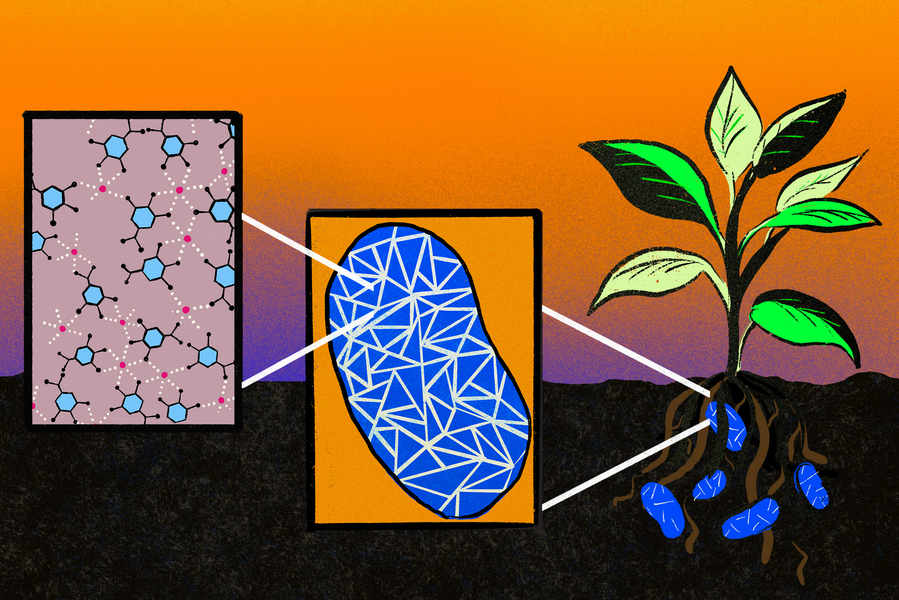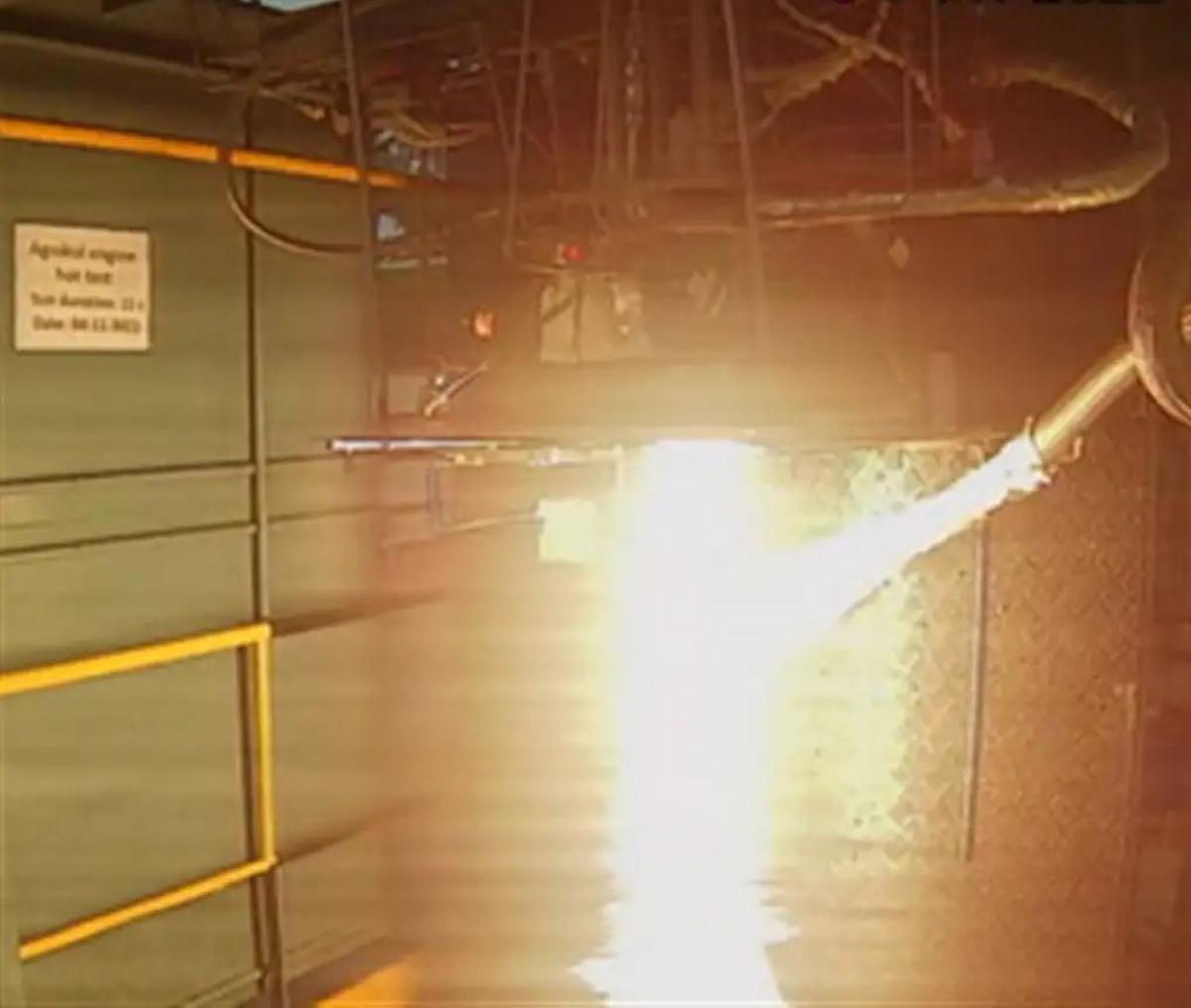Chemical fertilizers enhance crop productivity but pose environmental and health risks. Overuse harms soil, depletes organic matter, and disrupts beneficial microorganisms. Excess nutrients contaminate water, leading to algal blooms and “dead zones.” Additionally, chemical fertilizer production contributes to 1.5% of global greenhouse gas emissions.
Bacteria as a Sustainable Alternative
MIT chemists are exploring bacteria as a more sustainable alternative. These bacteria convert nitrogen gas to ammonia, providing essential plant nutrients. They also aid in soil regeneration and protect crops from pests. However, challenges arise as these bacteria are sensitive to heat and humidity, making it difficult to scale up their production and distribution to farms efficiently.
Protective Coating
To address these challenges, Asst. Prof. Ariel Furst and MIT colleagues devised a solution. They developed a method to coat microbes with tiny “metal-phenol network” (MPN) shells. These coatings safeguard the bacteria from heat and humidity without impeding their growth or functions. Notably, the coated bacteria can be freeze-dried, allowing for easy shipment and application to crops in powdered form.
Furst’s team created 12 distinct MPNs, incorporating metals like iron, manganese, aluminum, and zinc, considering their safety as food additives. The shells also included FDA-approved organic compounds called phenols, deemed “generally regarded as safe.”
When applied to nitrogen-fixing Pseudomonas chlororaphis bacteria, all 12 MPNs effectively shielded the microbes from temperatures up to 50 ºC (122 ºF) and relative humidity up to 48%.
The most effective MPN, comprising manganese and epigallocatechin gallate, boosted the germination rate of crop seeds by 150% when applied to P. chlororaphis bacteria heated to 50 ºC.







